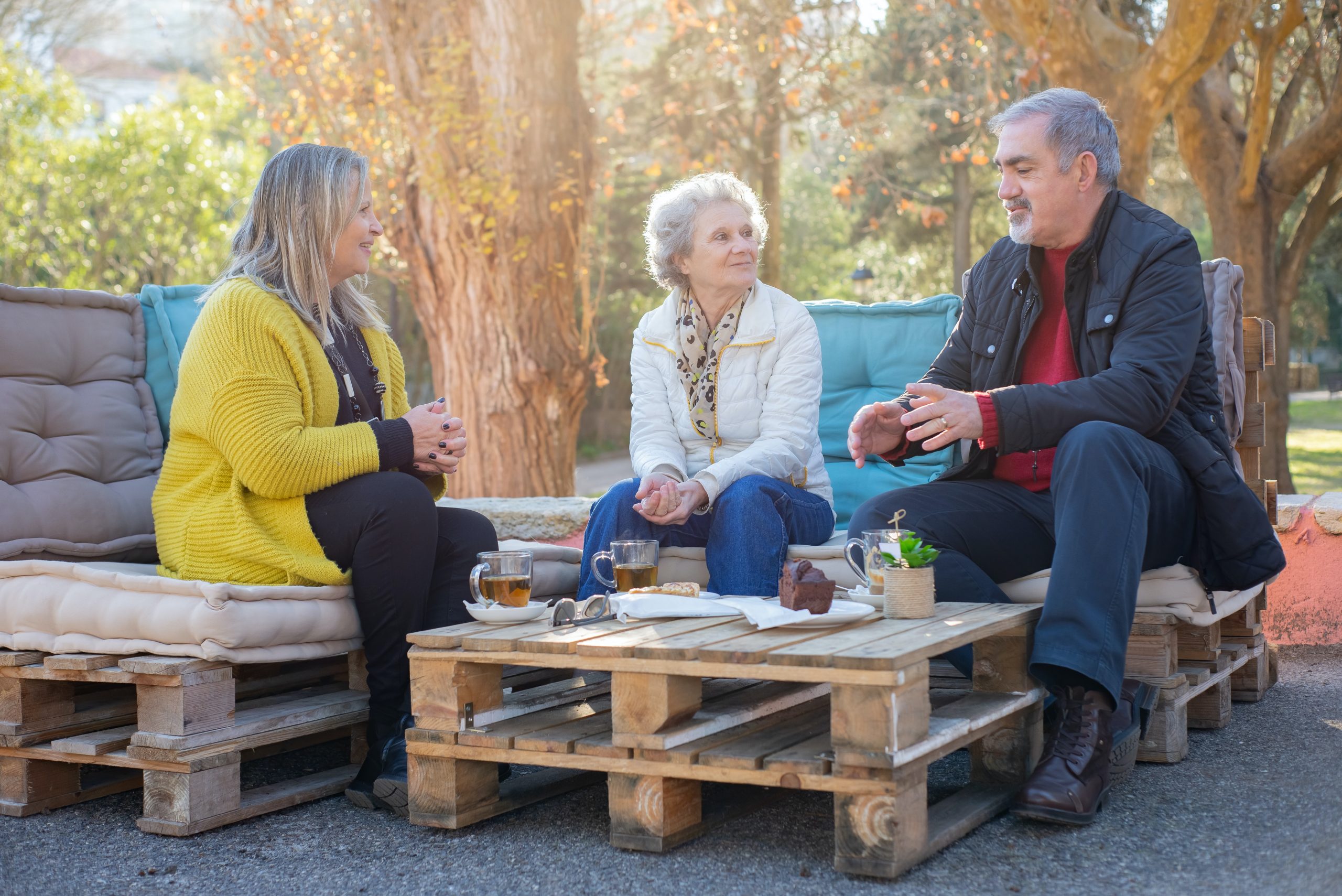
“My mom and I would plant seeds in the garden every May. Now I tear up thinking about having to start without her. She died last fall.”
“Annually, when the weather becomes warmer, my grandpa makes his famous BBQ chicken. Now that he’s gone, even the smell of a cookout makes me sad.”
“My older sister loved when it snowed and would always call to tell me about it. Since her death, I’ve avoided thinking about the next winter.”
At Greenlawn Funeral Home, we often hear from family, friends, and neighbors that the changing of seasons has a greater impact on them than expected. Some say they expected to feel down near or during certain holidays but never during the changing seasons. Noting they can tell the impact on their overall mood, energy level, and outlook ahead. The changing seasons are unavoidable, so as the summer season comes to a close and the long days of sunlight give way to chilly weather and earlier sunsets, we take a chance to slow down and remember.
This can be reminiscing about happy memories previously spent together and being okay with acknowledging and sitting in our grief and sadness for a short time. So much about fall revolves around family and togetherness, which can cause grief wounds to be reopened and the pain of grief to take hold in negative ways of feeling and being. Sometimes it might be easy to tell something is off and slowly readjust to the new season, while other times, you might not be sure why you are feeling overwhelmed and emotional all over again.
Grief and healing are unique, and attempting to compare yourself to others is never helpful. Many find it easier to stay inside, avoid loved ones, and skip out on social gatherings, which can spiral into social isolation. We encourage you to think about healthy coping mechanisms and people in support systems that you can lean on as the days become shorter, colder, and darker to avoid the progression of depression or seasonal affective disorder (SAD) related symptoms.
You are the expert, so it can be beneficial to increase your self-awareness when you experience periods of feeling sad, hopeless, or anxious. Grief can manifest in body pain and brain fog as well. What are your experiences with grief, and how do you know when you need to reach out to others or get help? For some, it may be the shifting of the seasons, but it may be a certain date, such as a birthday, anniversary, or holiday. Revisiting these special times can be difficult and may seem like a setback in the grieving process. But here’s what is important to remember: Grief is neither a typical emotion nor predictable.
When emotions become strong and unbearable, remember that experiencing the death of someone close to you doesn’t create a set of feelings that can be worked through in six months or a year. It’s not about moving on; it’s about adapting over time and dealing with the loss in a way that helps you. This might mean meeting with a counselor or support group, writing in a journal, or turning to those around you who offer encouragement and a listening ear.
We’ve been helping our Springfield, Bolivar, and Branson neighbors for six generations now and have many connections and numerous resources available. Check out our resources for support and to learn more about the grieving process. If you ever need a helping hand or listening ear, please remember we’re always here.

